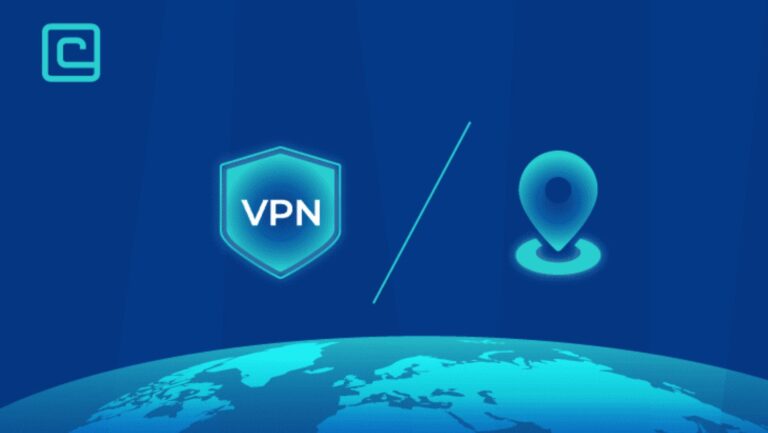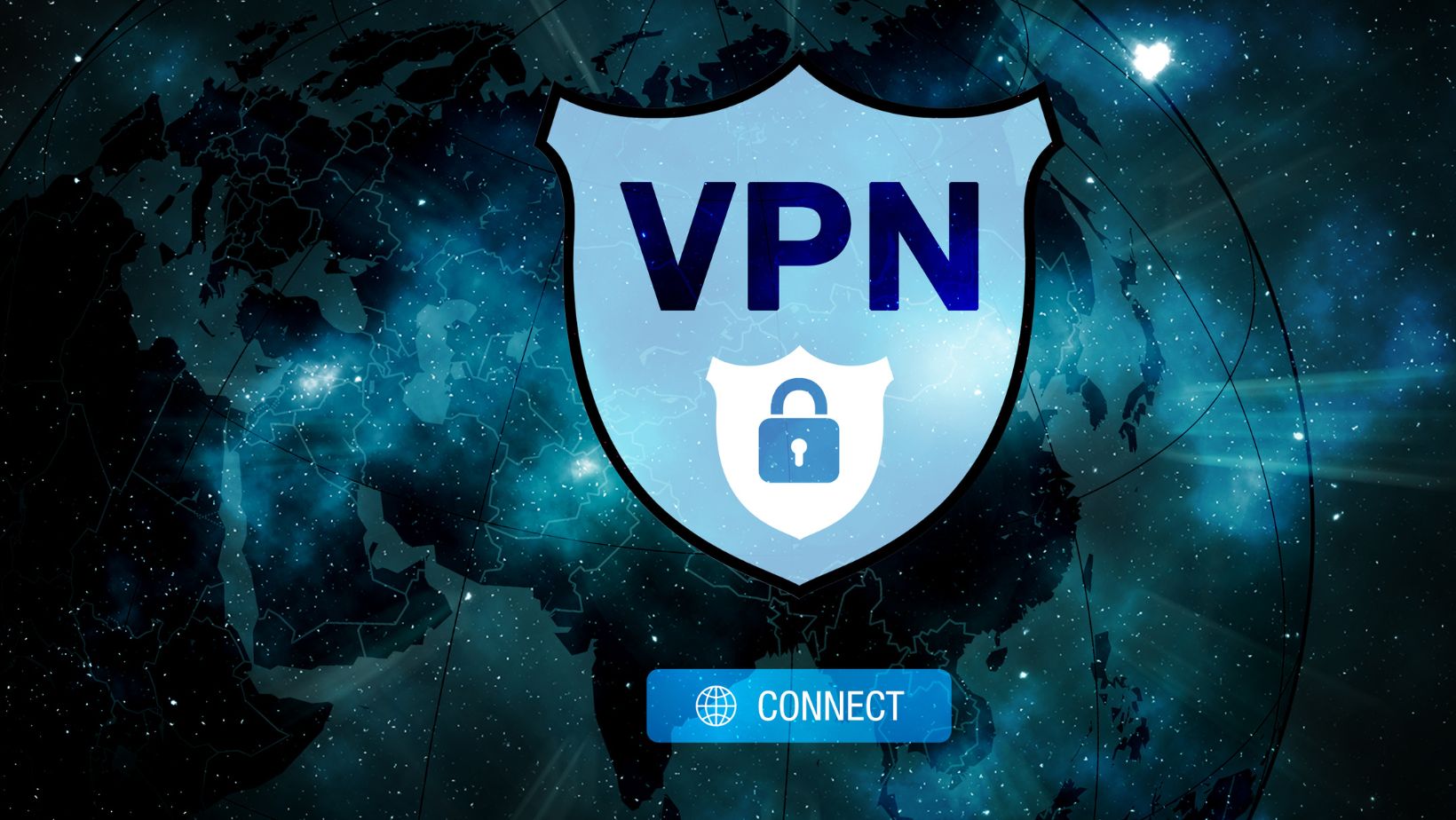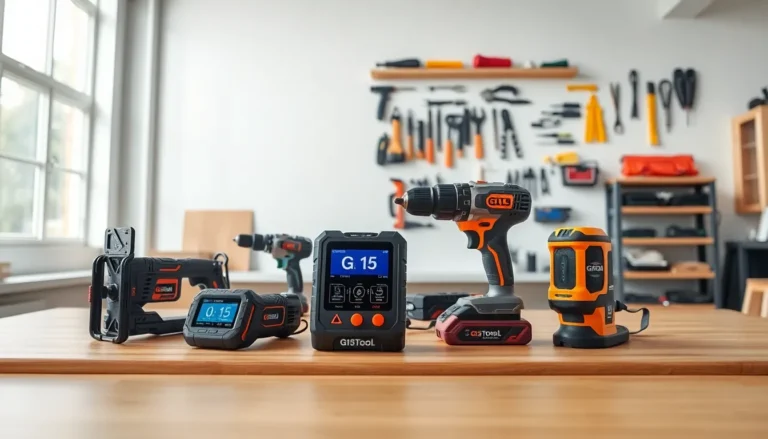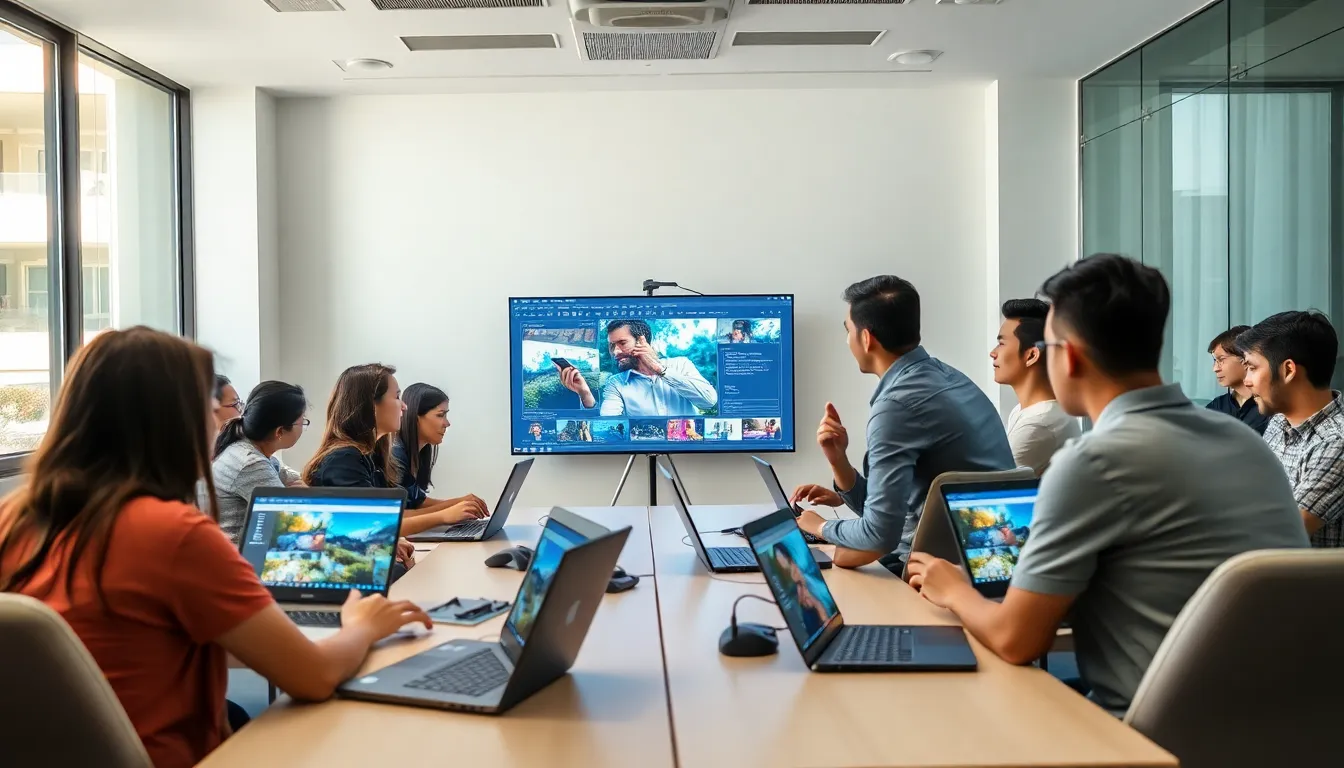Online casinos are popular worldwide. Millions of people log in daily to play slots, poker, or roulette. Yet not every country allows unrestricted access. Some governments have strict rules. While others only license certain operators. Players often find themselves blocked from casinos they want to use. Technology has created a way around this. VPNs and geolocation tools are now at the centre of how people connect to gambling platforms. This mix of restrictions and access has made VPNs and location tools a hot topic in online gaming.
Why Restrictions Exist
Countries regulate gambling to protect citizens and control money flow. Governments issue licenses to approved operators and block unlicensed sites. For instance, the United States allows only certain states to run online casinos. Germany regulates under its new Interstate Treaty on Gambling. In Hungary, the Supervisory Authority of Regulatory Affairs (SARA) monitors and approves operators. These rules mean that players travelling abroad may suddenly lose access to their usual platforms. A casino available in Budapest might be blocked in Paris or New York. Even within the European Union, where free movement is standard, online gambling laws remain country-specific. For instance, among the 20 hungarian online casinos, there are a few you may not be able to access outside Hungary.
How VPNs Work in Online Casino Access
A VPN, or Virtual Private Network, is a tool that hides a user’s real location. It routes internet traffic through a server in another country. If you are in the UK but connect to a VPN server in Hungary, casino sites will think you are in Hungary. This can allow access to platforms otherwise blocked. VPNs also provide encryption. This means that your internet activity is harder to track. For gamblers, this adds a layer of privacy and security. Paid VPN services like NordVPN, ExpressVPN, or CyberGhost are common choices. Free VPNs, however, may lack speed, security, and reliability.
Role of Geolocation Tools in Casinos
Online casinos use geolocation to check where a player is. This ensures they follow the laws of each region. The most common methods are:
- IP address tracking: Casinos detect the country through the internet connection.
- GPS signals: On mobile devices, casinos may request access to the GPS location.
- Wi-Fi mapping: Some apps confirm location by analysing Wi-Fi networks nearby.
Casinos use these tools because regulators demand compliance. If a casino allows players from banned regions, it risks losing its license. That is why some platforms block players who use VPNs. Geolocation tools make it harder to bypass restrictions, but not impossible.
Combining VPNs and Casino Access
Many players still use VPNs to reach their favourite casinos. This is especially true for people who travel often. A Hungarian player in Germany might want to log in to their account back home. By switching on a VPN, they appear to be in Hungary again.
However, this comes with risks. Some casinos ban accounts caught using VPNs. Others freeze winnings if they detect location masking. In some countries, using a VPN to gamble may even breach local laws. It is important for players to understand these risks before trying. In practice, some users report success with accessing European sites. VPNs make it possible to explore platforms even from abroad. But the safer path is always to respect local rules and play within regulated systems.
Security and Responsible Gaming
Beyond access, security is another major concern. Free VPNs sometimes sell user data or inject ads. Weak VPN services may also leak IP addresses, defeating the purpose. That is why experts recommend premium VPN providers. Players should also keep in mind that technology is not a shield against addiction. Online gambling comes with risks of overspending and dependency. Countries with strict regulations argue that blocking foreign sites protects vulnerable users. Tools like deposit limits, time reminders, and self-exclusion can help promote responsible gaming.
Real-World Examples
The global online gambling market was valued at over $90 billion in 2023. It continues to grow. Online betting and casino games form a key part of this trend. Operators licensed must follow strict rules on security and player protection. Many of these sites also enforce geolocation checks. In the United States, casinos in New Jersey and Pennsylvania use advanced geolocation software. Players outside these states cannot log in, even with a valid account. Similar measures are used in Italy, Spain, and France.
These examples show how widespread geolocation has become. VPNs can bypass some of these checks, but casinos keep updating their detection methods.
In conclusion, access to online casinos depends heavily on location. Countries enforce different rules, and casinos must comply. VPNs allow players to mask location and reach restricted sites, while geolocation tools try to block them. Both sides keep advancing in this digital cat-and-mouse game.
For players, the decision is about balance. Convenience should not come at the cost of security or legality. Responsible gaming, secure connections, and respect for local laws must guide every decision.





